By Jill E. Habig and Joanna Pearl
On April 23, the U.S. Supreme Court will hear oral argument in Department of Commerce vs. New York, a case arising from the Trump administration’s addition of a citizenship question to the 2020 census. The Court will consider the district court’s holding that the Secretary of Commerce’s reinstatement of a question about citizenship to the 2020 census violated the Administrative Procedure Act and whether a district court may order discovery outside the administrative record to probe the mental processes of the agency decisionmaker.
In addressing these issues, the Court’s decision will have a significant, practical effect on communities across the country. It will impact families’ ability to obtain federal assistance for food, health care, and housing as well as the electoral map of the country for years to come.
Plaintiffs in the underlying action—and respondents before the Court—are a coalition of 18 states and a number of local governments, including the City and County of San Francisco. The states and cities prevailed in federal district court and the Supreme Court granted immediate review.
The state and local response to the federal administration’s actions shows the power of localities to protect their communities through the courts. And this power is not limited to local governments’ ability to challenge the federal government.
Yesterday, Public Rights Project, the Office of San Francisco City Attorney Dennis Herrera, Justice Catalyst, and the San Francisco Affirmative Litigation Project at Yale Law School released Local Action, National Impact: A Practical Guide to Affirmative Litigation for Local Governments. The guide presents a bold vision that local governments can—and should—proactively protect the rights of their communities by enforcing the laws written to protect them.
Civil public lawyers typically provide litigation defense and advice to their government clients. They defend their clients in tort, civil rights, contract, employment, land use, and other matters. They respond when a city department asks for legal counsel. They also write contracts and draft legislation. On the criminal side, district attorneys work with their police departments and other law enforcement colleagues to prosecute criminal matters. These are critical functions of local government public lawyers.
[…]
While cases against the Trump Administration like the census matter rightly grab headlines, the next step is for government to expand beyond reacting to the federal government and use their proactive authority to enforce their residents’ legal rights. If you’re interested in learning more about how your city or county can get more involved in affirmative litigation, please reach out to Public Rights Project at https://www.publicrightsproject.org/become-a-partner.
//
Originally published on 18 April 2019. Read full article on Take Care.





